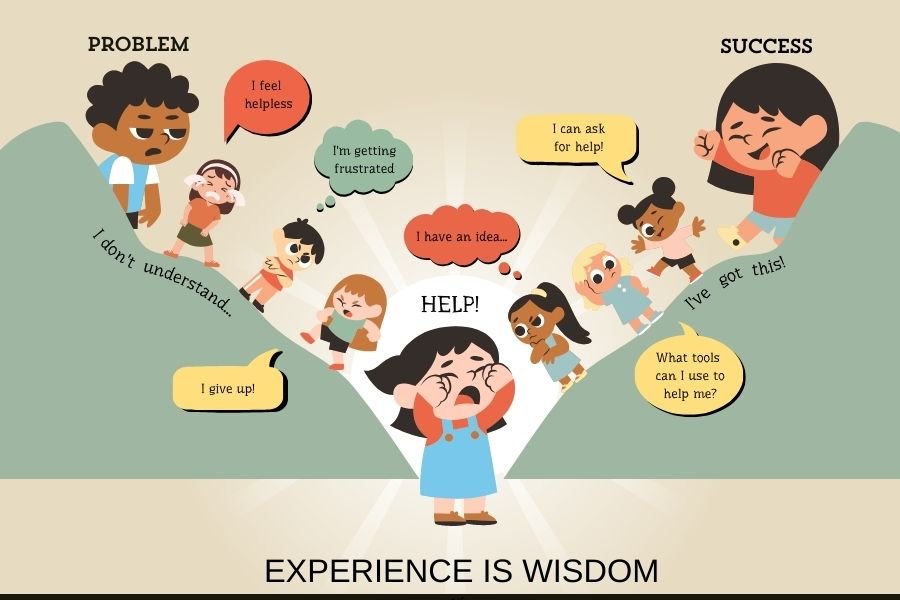“You should not lie.”
This is one of the primary moral lessons that has often been instilled in a child. We teach our children that it is bad if they lie, even go as far as telling them that they will be punished if they lie.
The child may grow up, imbibing the value and never lying but it does not ensure that they have developed an emotional awareness about the sense of morality behind this moral value, about the importance of being truthful.
A child who is growing within a rigid system of moral codes, where their questions aren’t entertained and the values are taught with the idea of a punishment have a tendency to develop an avoidant attitude. This rigid system makes this child believe that as long as they can avoid punishment they are doing good. Here what is instilled in the child is not a moral character but the fear of punishment.
Here, a child’s focal point of right and wrong wouldn’t be their own reasoning guided by their guardians, rather, it is the gravity of punishments and reactions that determine their sense of morality.
A child who is educated about why it is important to be truthful and how lying causes emotional harm and in some cases, physical as well, will certainly encourage a Mindful outlook towards values and morality.
Opening a space for your child to question and answering every little doubt they have with compassion will create a Mindful experience in their growing years. It will help them in being more emotionally aware about their perspectives and thoughts, knowing that they do have an importance to play.
A Mindful education will open the door towards humanity, kindness and the encouragement of one’s own reasoning in the spaces of thoughts. A child should be made aware about the consequences of their actions, why lying is a bad thing and why being truthful is good.
The answering of ‘whys’ will lead a child to Mindful learning. Patience of a guardian to lead their child towards Mindful reasoning creates a stronger moral character.
Therefore, it is important to differentiate between instilling values and inculcating them. Ask yourself if it is fear of punishment that is being instilled in your child or a strong moral character.
Instilling an attitude of a strong moral character in a child begins by the mindful education of inculcating compassion, empathy and reasoning in their thoughts and actions. A reliable ground of Character Education will give way to a confident future to your child.















